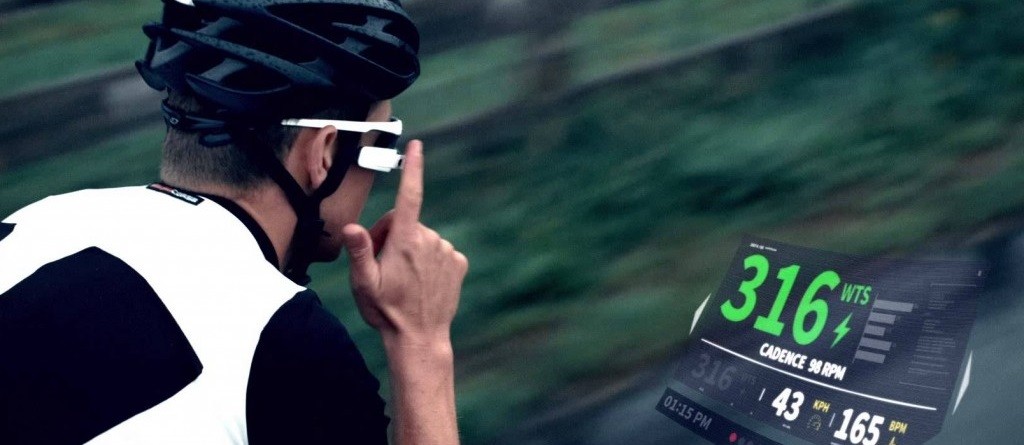New research has found that athletes who are exposed to subliminal visual cues during endurance exercise will perform significantly better.
Subliminal visual cues are words, pictures or symbols which are unidentifiable in someone’s conscious.
Conducted by Professor Samuele Marcora in collaboration with colleagues at Bangor University, the research discovered that athletes undergoing endurance exercise who were presented with positive subliminal cues, such as action-related words, including ‘go’ and ‘energy’, or were shown happy faces, were able to exercise significantly longer compared to those who were shown sad faces or inaction words.
For the research, 13 participants rode stationary bikes with screens while split into two groups: one received positive subliminal messages like encouraging words or happy faces, the other had negative messages subconsciously shoved into their brains. The words and faces appeared on a digital screen – placed in front of the athlete – for less than 0.02 seconds and were masked by other visuals, meaning they were unidentifiable to the participant’s conscious.
This research is the first to demonstrate that subliminal visual cues can directly affect performance during exercise. Additionally, it confirms that the perception of how much effort someone thinks they are using can be altered during exercise. This can then have a knock-on effect on their overall endurance capacity.
Professor Marcora is currently exploring ways in which this research could open up new possibilities for athletes to improve their performance during competitions by using technology, such as ‘smart glasses’, to provide positive subliminal cues.
‘Non-conscious visual cues related to affect and action alter perception of effort and endurance performance’
The group with the positive visuals not only rode for longer, the effort felt easier.
‘This research is the first to demonstrate that subliminal visual cues can directly affect performance during exercise. Addition-ally, it confirms that the perception of how much effort someone thinks they are using can be altered during exercise.’ Science Daily reports.

